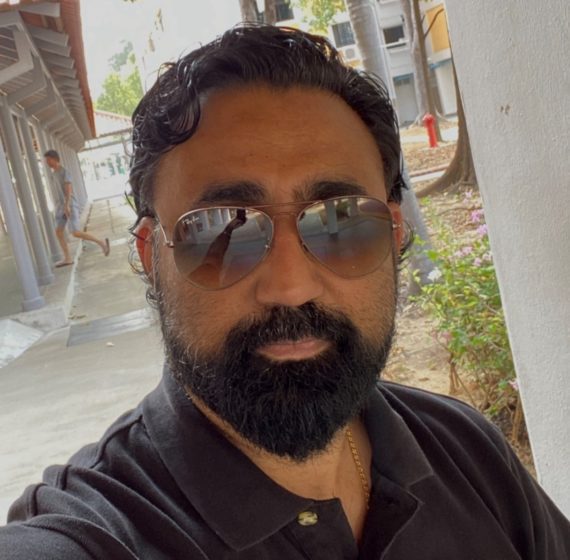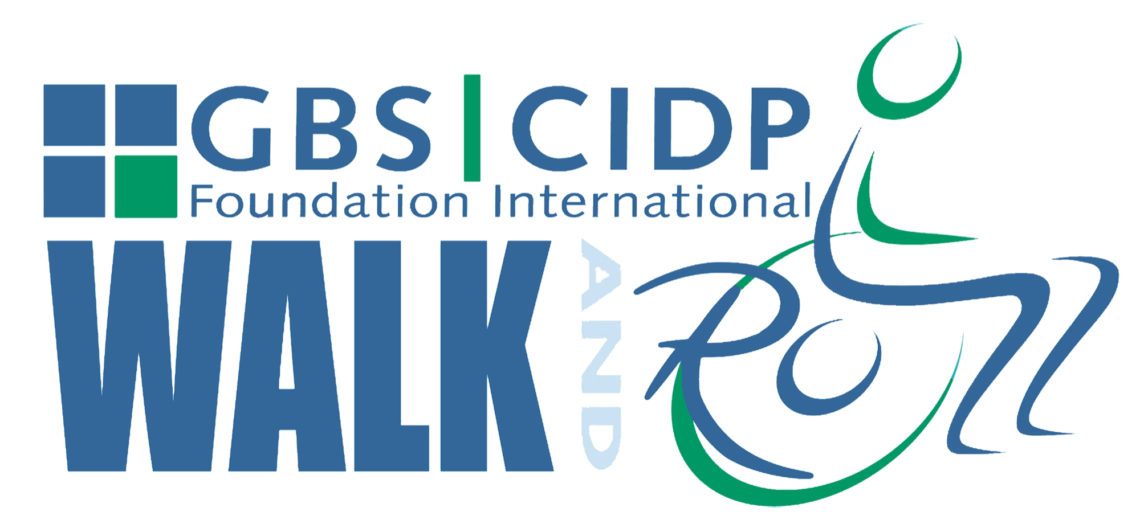Ajay Singh

My Journey through “Guillain Barre Syndrome” (GBS)
“It’s nothing serious, few physiotherapy sessions and you’ll be okay,” my GP told me when I started to feel the pain in my toes. Seven days were spent in physiotherapy, and by that time, I was not feeling better, so I gave up and continued with my daily routine. After approximately three days, I started feeling numbness/tingling and needles in my hands and feet during the night. Not thinking much, I ignored this for a few more days till the numbness began to invade my hands and feet.
I visited the hospital, where I was directed to the neurology department for a nerve conduction test (NCV), but nothing was determined based on the results. I was asked to do the MRI and the list of blood tests; nothing was diagnosed in those tests either. As the days went by, I continued with the exercises recommended by the doctor and continued my cycling regimen.
A few days later, I developed pain in my legs and was not able to walk, so I went back to the hospital, I was taken to the doctor in a wheelchair. The NCV was done again, and the results were out within 2 hours. “You have Guillain Barre Syndrome (GBS) and should be admitted immediately,” my doctor advised.
I went blank for a few seconds to absorb the news and asked the doctor, what does it mean, what the treatment would be, what is the action plan, and what will happen to me? The doctor explained in detail what GBS is, what the stages of GBS are, and the two treatment options, IVIG and Plasma Exchange Therapy (PE). He stated that only IVIG treatment is required at this stage and it should be administered as an inpatient. “Stay Positive, you will get through this” while closing the discussion he said. The lumber puncture test was done once I was admitted to the hospital.
The IVIG treatment started and lasted for five days. I was able to sit by myself, move my body and walk within the hospital room with the help of a nurse/walker. Physiotherapy and counseling sessions commenced on day three of IVIG treatment. I got out of the hospital on day six, after a routine physiotherapy session planning at home.
I was still going through the whole saga with positive thoughts and physiotherapy sessions at home before the next attack of GBS decided to paralyze me. Five days after leaving the hospital, I woke up in the morning and was unable to move. My arms and legs stopped responding, I couldn’t sit up or was not able to hold anything, my fingers froze, my voice diminished, and I lost the ability to swallow anything. I was rushed to the hospital in the ambulance.
“The IVIG treatment did not work as intended, we need to start the plasma exchange treatment,” the doctor advised. After re-admission, we were told how the treatment will take place over the next 10 to 12 days. A total of six therapies were done on alternative days; I was transported in a wheelchair and wheel bed from one location to another within the hospital. I started getting my voice back after PE 2, physiotherapy started after PE 4, and I began feeling my arms and legs at the end of PE 6.
The initial phase of the treatment completed after fifteen days and I was admitted to rehabilitation for the remainder of the treatment. The two weeks of rehab helped me to gain confidence and I began walking a few steps with the walker. I remember when I took the first two steps my physiotherapy team clapped for me, and the doctor smiled after hearing that I was able to stand for one minute with the support. Before that day, I pictured myself crippled for the rest of my life. Almost after thirty days in the hospital on my second stay, I was sent home.
Over time, I have made progress; from being unable to stand, I managed to stand longer with support and eventually without any support. Walking and posture have gone better, therapists are still working to improve my walking so that it gets “normal”. Although now stronger, the strength of the arms, hands, and fingers still needs to be worked on. I am still unable to hold items strongly, and numbness in my fingertips is still quite persistent. My therapists work on building strength, they focus on improving balance and coordination, especially standing with eyes closed. As the physiotherapy continues, I am confident that over the next few months the condition will improve, I will start walking without any aid and will be able to take the stairs.
I am determined to stay positive that I will be normal, I would be able to do my bike rides without any trouble and moreover, I would be able to do the “bhangra” again.
Life is amazing and we must be thankful for what we have, stay positive, stay brave in any situation, and enjoy and appreciate everything, this is what I learned since I got diagnosed with GBS. This is probably one of my most difficult times, and I’ll continue to keep fighting. I guess there is a way nature teaches us to stay humble, and these tough times have taught me to be more compassionate.

